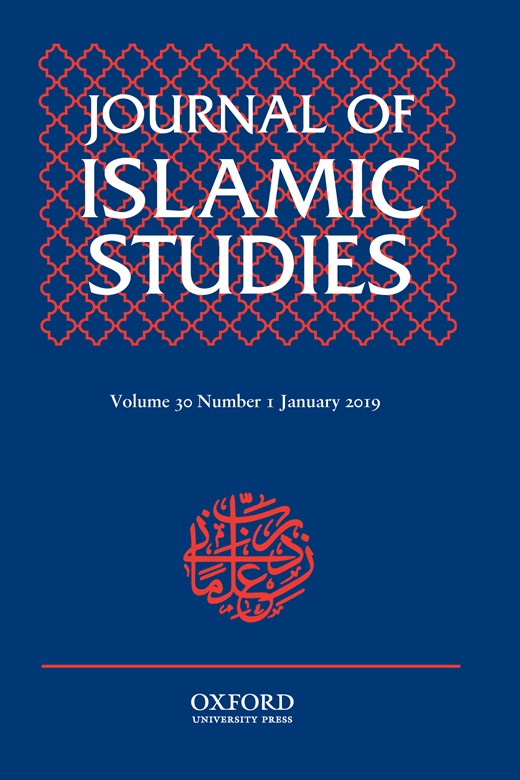-
Views
-
Cite
Cite
L P Harvey, Blood and Faith: The Purging of Muslim Spain, 1492–1614 By Matthew Carr, Journal of Islamic Studies, Volume 30, Issue 1, January 2019, Pages 111–114, https://doi.org/10.1093/jis/ety040
Close - Share Icon Share
Extract
This work is not about the forging of Muslim Spain in general, but as the subtitle indeed states, about the final period of Morisco history, 1492 to 1614.
As Carr tells us (p. 6) ‘There is a vast scholarly literature [historical, anthropological, etc.] on the Moriscos […] This book is not intended to contribute to these efforts or to break new scholarly ground. Its aim is more humble: to bring the story of the Moriscos to readers who may never have heard of it. It is a complex and dramatic tale of religious and cultural oppression, rebellion, prejudice, and hatred. […] I would like to offer this dark chapter of Spanish history […] to see what lessons if any can be drawn for our current predicament’.
Carr does not plunge us unprepared into his ‘dark chapter’, it is not until p. 67, after sketching the history of the Iberian peninsula from Roman times onwards that he begins to deal with his real subject, ‘Granada 1492–1500’, in a section he aptly heads ‘Broken promises’. His treatment of a brief initial period dominated by the newly appointed ‘saintly’ archbishop Hernando de Talavera, when the conquerors, many of them at least, do seem to have attempted the faithful implementation of the ‘remarkably magnanimous surrender agreements signed by Boabdil [the Muslim ruler] November 1491’ (p. 67): this is balanced and full. The inter-confessional situation was to change with the arrival in the city of a second archbishop, Francisco Jiménez de Cisneros, ‘a man of great personal piety, whose religious zeal was infused with a ruthlessness and inflexibility that did not lend itself to compromise’ (p. 73). He with the backing of the ‘fanatically religious’ Queen Isabella, instituted a very different regime, so that before long the restricted outflow of Muslim refugees agreed to in the terms of surrender became a stream crossing to Morocco. Meanwhile Christian settlers were crowding in. The desperate remaining Muslims rose in rebellion, but their action lacked coordination and was put down with ease by the royal armies. Addressing fellow Granadans, one aged Muslim noble told them: ‘I do not weep for the past, for to it there is no return. But I weep for what you will see in your own lifetime, and what you can expect in this land, in this Peninsula of Spain’ (p. 84).




